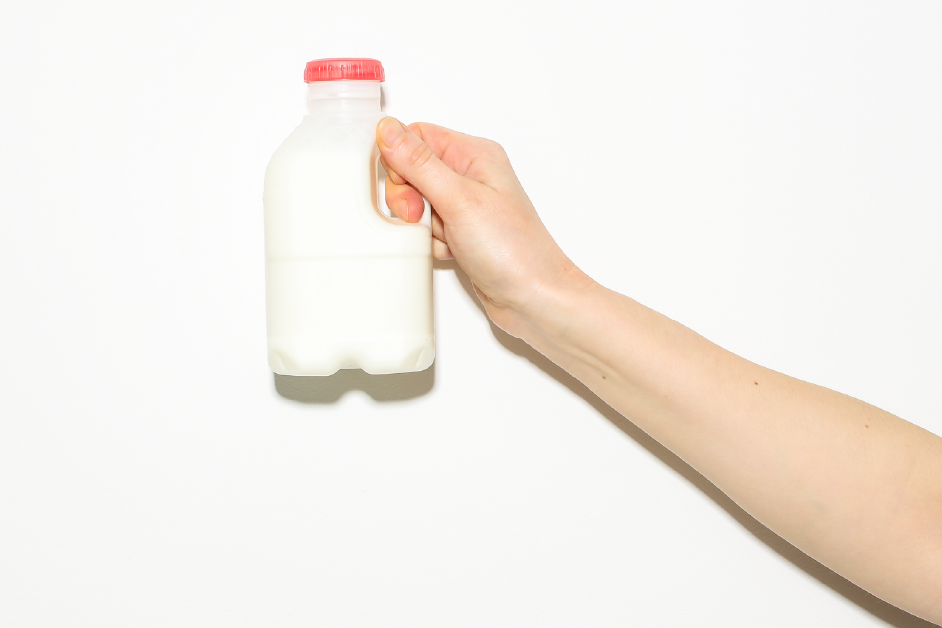The most ideal form of Calcium for absorption after bariatric surgery: Calcium Citrate vs Calcium Carbonate
Calcium plays a key role in the formation and maintenance of bones and teeth. The presence of calcium in the blood is also vital for blood pressure and the balance of several hormones and enzymes.
After bariatric surgery, calcium intake and absorption are decreased. Furthermore, deficiencies in vitamin D, which normally increases calcium absorption, are very common. For these reasons, supplementation with high-dosed calcium is to be advised for patients after bariatric surgery:
- After a Sleeve Gastrectomy or Roux-en-Y Gastric Bypass: 1200-1500 mg/day.
- After a Biliopancreatic Diversion: 1800-2400 mg/day.
Decreased gastric acid
Most calcium supplements contain either calcium carbonate or calcium citrate. For bariatric patients, a difference in absorption levels can be found. Calcium carbonate is less expensive, compared to other calcium preparations, and contains the highest concentration of elemental calcium per gram (42%). It is, however, not soluble in water and therefore needs gastric acid to break down in the stomach.
Post-bariatric surgery, the reduced gastro-intestinal tract produces little to no gastric acid. Furthermore, many patients are recommended to use proton pump inhibitors after surgery for several weeks or months after surgery, which also have a negative effect on gastric acid.
Calcium citrate dissolves quickly and easily in water or other neutral pH environments. Therefore, calcium citrate should be recommended to patients after bariatric surgery, to make sure that the supplemented calcium is adequately absorbed.
The effect of low gastric acid levels on calcium absorption
Studies have shown the effect of gastric acid on absorption levels of different forms of calcium. This study looked into the absorption rates of calcium carbonate versus calcium citrate. Patients with normal gastric acid levels were compared to patients with Achlorhydria, a condition where a patient has low gastric acid levels. The study showed that achlorhydric patients absorbed calcium carbonate at a rate of 4%. Calcium citrate was absorbed at 45%. Patients who had normal gastric acid levels absorbed both forms of calcium relatively to the same amount.


